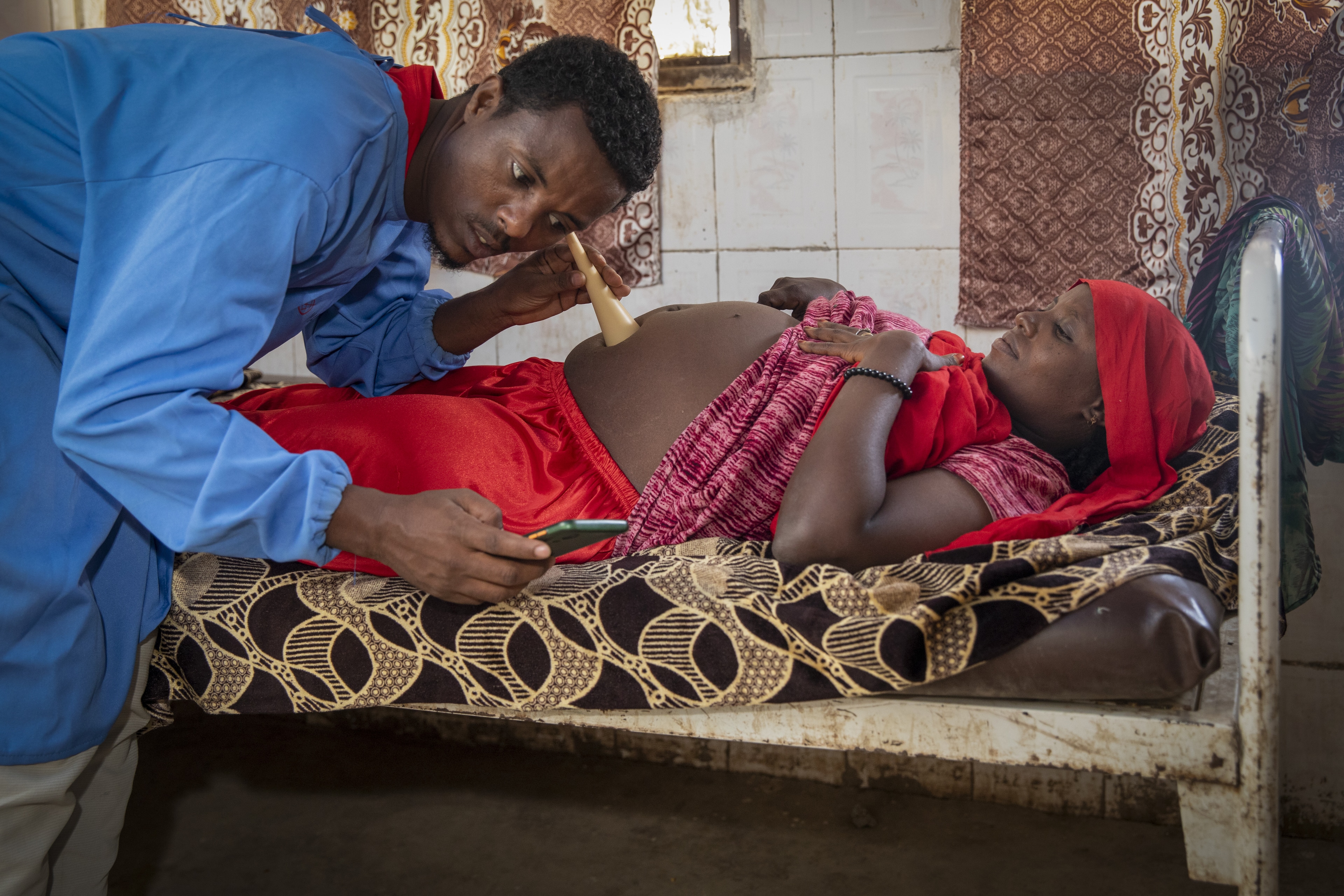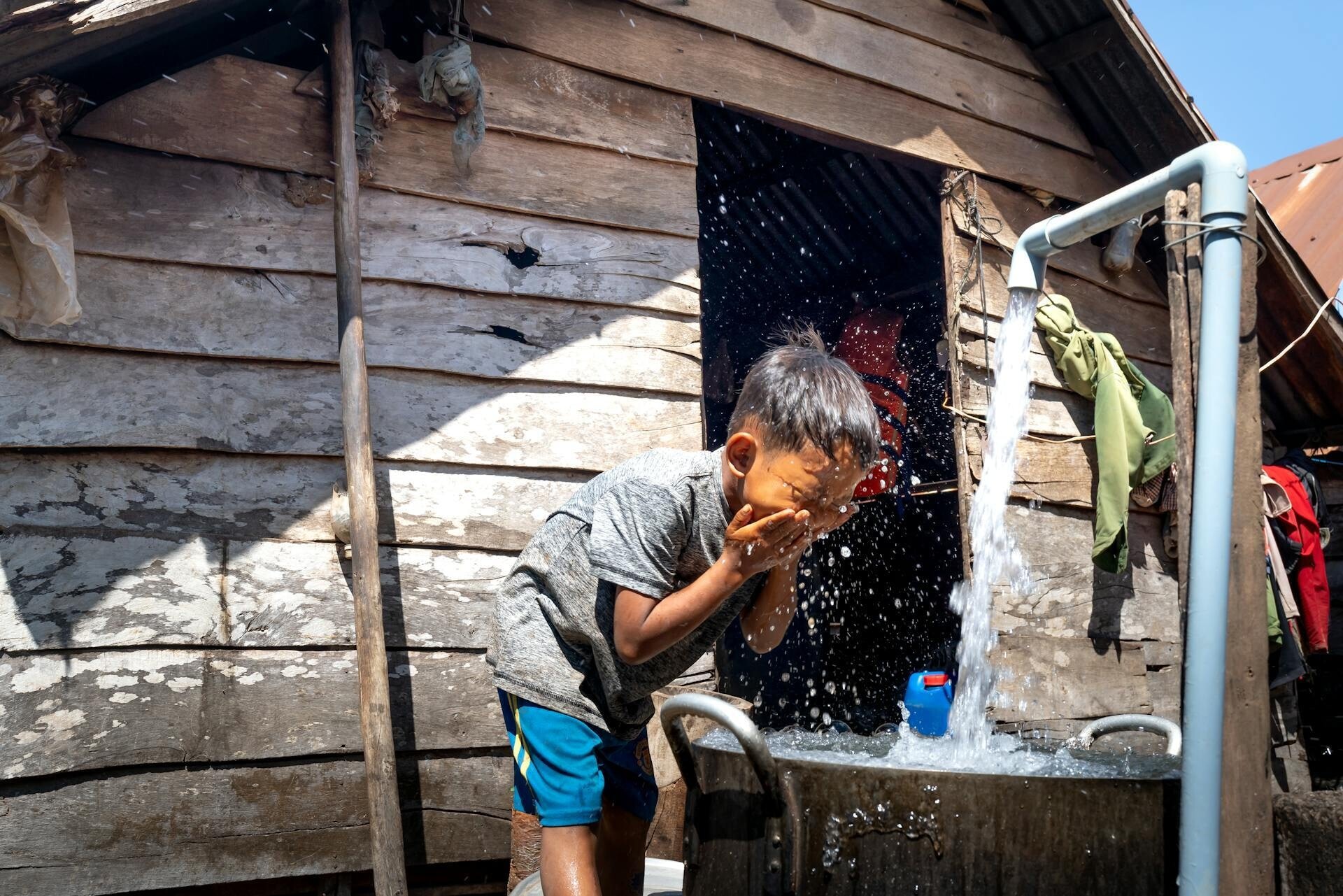We can't just tell women not to get pregnant. We need a better response

The Zika epidemic has hit women the hardest. Image: REUTERS/Paulo Whitaker

Get involved with our crowdsourced digital platform to deliver impact at scale
Stay up to date:
Global Health
The World Health Organisation declared that the Zika epidemic was an international emergency in February 2016. While the WHO lifted the declaration nine months later, the crisis is far from over. Zika, which has been linked to various neurological and developmental conditions such as microcephaly and Guillain-Barré syndrome, has morphed into a long-term disease that the world will continually need to manage.
Zika has shown that in addition to causing death and suffering, epidemics cause enormous economic and social upheaval, and that public health crises often expose longstanding human rights crises, too.
The speed with which the Zika virus spread from its outbreak in Brazil on to over 70 countries has been alarming. We know that Zika is transmitted by aedes aegypti mosquitoes, the same mosquitoes that transmit yellow fever, dengue and chikungunya. These mosquitoes breed where poor people lack adequate sanitation systems, for instance in much of Latin America,
We also know that not all adults are exposed in the same way but that pregnant mother-to-child transmission poses high risks to the infant, including microcephaly. Economically disadvantaged segments of the population are at higher risk of exposure to Zika, of being infected, and of their children being born with microcephaly or other genetic conditions that require special care in the long term.
In Brazil, more than 1.5m people have been affected in the epidemic, mostly in the north east of the country. Since the outbreak, Brazil has logged more than 2,000 confirmed cases of microcephaly compared to 147 cases in 2014.
A large proportion of single parent families have been affected, the majority of which are headed by women. These households are more likely to experience perpetual cycles of poverty as a result of the economic shock of disease. In addition, where children are born with potentially disabling impairments they are often further isolated by limited support or social protection. In this context, Zika has also reinforced expectations that it will be women who will be responsibility for raising and caring for children affected by disabilities linked to the disease. This limits even further the opportunities women have to attend education programmes or look for formal employment.
Rules of conception
The UN High Commissioner for Human Rights and the WHO reinforced the importance of women’s human rights in national responses to the Zika outbreak. Nevertheless, Zika gave way to a roll out of official declarations from ministries of health across Latin America telling women not to get pregnant. These echoed narrowly conceived and often ineffective public health campaigns of an earlier era in relation to HIV/AIDS and abstinence in Africa.
The US Center for Disease Control and Prevention, meanwhile, advised pregnant women to refrain from travelling to countries affected by the Zika virus. Most dramatically, health officials in El Salvador urged women not to get pregnant until 2018, while Colombia called on women to delay pregnancy for six to eight months.
But shifting responsibility for the disease to women’s behaviour isolates the disease from other socio-economic factors that influence its transmission, such as sanitation or environmental issues. It means responses have tended to focus on the “immediate” healthcare problem, while the gender inequality that underpins the prevailing unhealthy conditions is considered “beyond” the capacity of public health interventions.
In Zika-affected countries, there are also high prevailing rates of sexual violence, elusive contraception, teen pregnancies and lack of sexual education. According to a study published by the Guttmacher Institute in 2014, 56% of pregnancies in Latin American and the Caribbean are unintended, either because of lack of access to contraceptives or because of gender violence.
Reproductive rights
In a region where birth control is limited and sexual violence is widespread, the debate on legalising abortion has also gained prominence during the Zika outbreak. Clandestine abortions are an unfortunate reality across Latin America. For poor women, this generally means unsafe abortions are a leading cause of maternal mortality.
Pope Francis hinted at softening the rigid stance of the Catholic Church on contraception because of the threat posed by the Zika virus. But in most Latin American countries affected by Zika, abortion is illegal or can only take place in exceptional situations. In El Salvador, for instance, where more than 7,000 cases of Zika were reported between December 2015 and January 2016, abortions and miscarriages can even lead to homicide convictions if proven to be self-induced.
Citing principles set out in Brazil’s constitution, advocacy groups there have filed a legal petition to the Supreme Court calling for the protection of sexual and reproductive health rights and social protection for women and families affected by Zika. The petition is yet to be heard but if successful should lead to a review of current restrictive abortion laws, legalising abortion in cases where the fetus develops without a major part of its brain and skull.
Yet, this case faces opposition by the conservative and influential “bullets, beef and bible” caucus, composed of evangelical Christians, the farm lobby and lawmakers, who support a right-wing social agenda, including tougher abortion restrictions.
In February 2016, the Obama administration asked Congress to sanction $1.8 billion in emergency funding to help prepare for and respond to the threat posed by the Zika virus. But abortion politics sterilised these discussions as Republican lawmakers leading a congressional hearing on the Zika outbreak made funding conditional on anti-abortion policies in recipient countries. Eventually a $1.1 billion aid package was agreed in late September. However, Zika programmes supporting abortions have now been put in financial jeopardy following the Trump administration’s order to rule out funding for birth control programmes.
The delivery of health care programmes in Latin America should be anchored in an understanding of the inequalities, discrimination and power relations that prevent many people from accessing them. Governments should remember that they have legal and ethical obligations under international law to ensure the best possible provision of services for all.
Don't miss any update on this topic
Create a free account and access your personalized content collection with our latest publications and analyses.
License and Republishing
World Economic Forum articles may be republished in accordance with the Creative Commons Attribution-NonCommercial-NoDerivatives 4.0 International Public License, and in accordance with our Terms of Use.
The views expressed in this article are those of the author alone and not the World Economic Forum.
Related topics:
The Agenda Weekly
A weekly update of the most important issues driving the global agenda
You can unsubscribe at any time using the link in our emails. For more details, review our privacy policy.
More on Health and Healthcare SystemsSee all
Dame Sally Davies, Hemant Ahlawat and Shyam Bishen
May 16, 2024
Michael Anderson, Gunnar Ljungqvist and Victoria Saint
May 15, 2024
Charlotte Edmond
May 14, 2024
Shyam Bishen
May 13, 2024
Anna Cecilia Frellsen
May 9, 2024
Angeli Mehta
May 8, 2024






